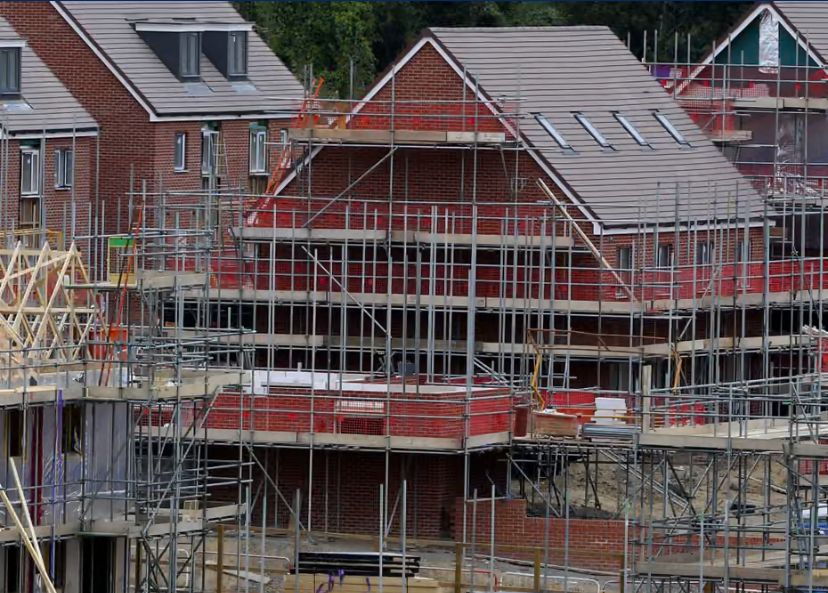The UK government has confirmed plans to cut affordable housing requirements in London in a bid to evive the capital’s faltering housebuilding sector.
Housing Secretary, Steve Reed announced on Thursday that developers will now qualify for fast-track planning permission if their projects include just 20% affordable housing , a sharp drop from the current 35% quota. Of that 20%, at least 60% must be offered at the lowest social rent levels.
The move aims to address a dramatic slowdown in construction, with developers blaming soaring interest rates, rising material costs and cumbersome planning procedures.
Recent figures show private homebuilding has slumped to just a few thousand units a year across London.
Ministers argue the reduced quota will unlock stalled projects and boost supply. “Getting spades in the ground in London is crucial if we want to see the biggest increase in social and affordable housing and meet our target of delivering 1.5 million homes,” Reed said, adding that he had worked with London mayor Sadiq Khan to give the capital the shot in the arm it needs.”
Khan acknowledged the severe challenges facing the sector, calling the current period the toughest for housebuilding since the 2008 financial crash. He said urgent intervention was needed to keep development moving.
Under the new scheme in place until 31 March 2028 developers who fail to build quickly could be forced to surrender part of their profits for councils to deliver affordable homes. Housebuilders will also receive relief from some local infrastructure taxes and will be allowed fewer mandatory bike storage spaces per unit.
However, homelessness charities and some Labour MPs have condemned the plan, warning it will worsen housing insecurity. Research by Shelter shows that the introduction of the 35% quota in 2017 contributed to a sharp rise in social housing construction from 1,678 homes in the preceding seven years to 8,460 in the seven years after.
Crisis chief executive Matt Downie said the government was nowhere near tackling the scale of homelessness, warning that tinkering with targets and relying on market forces had repeatedly failed to produce enough genuinely affordable homes.



